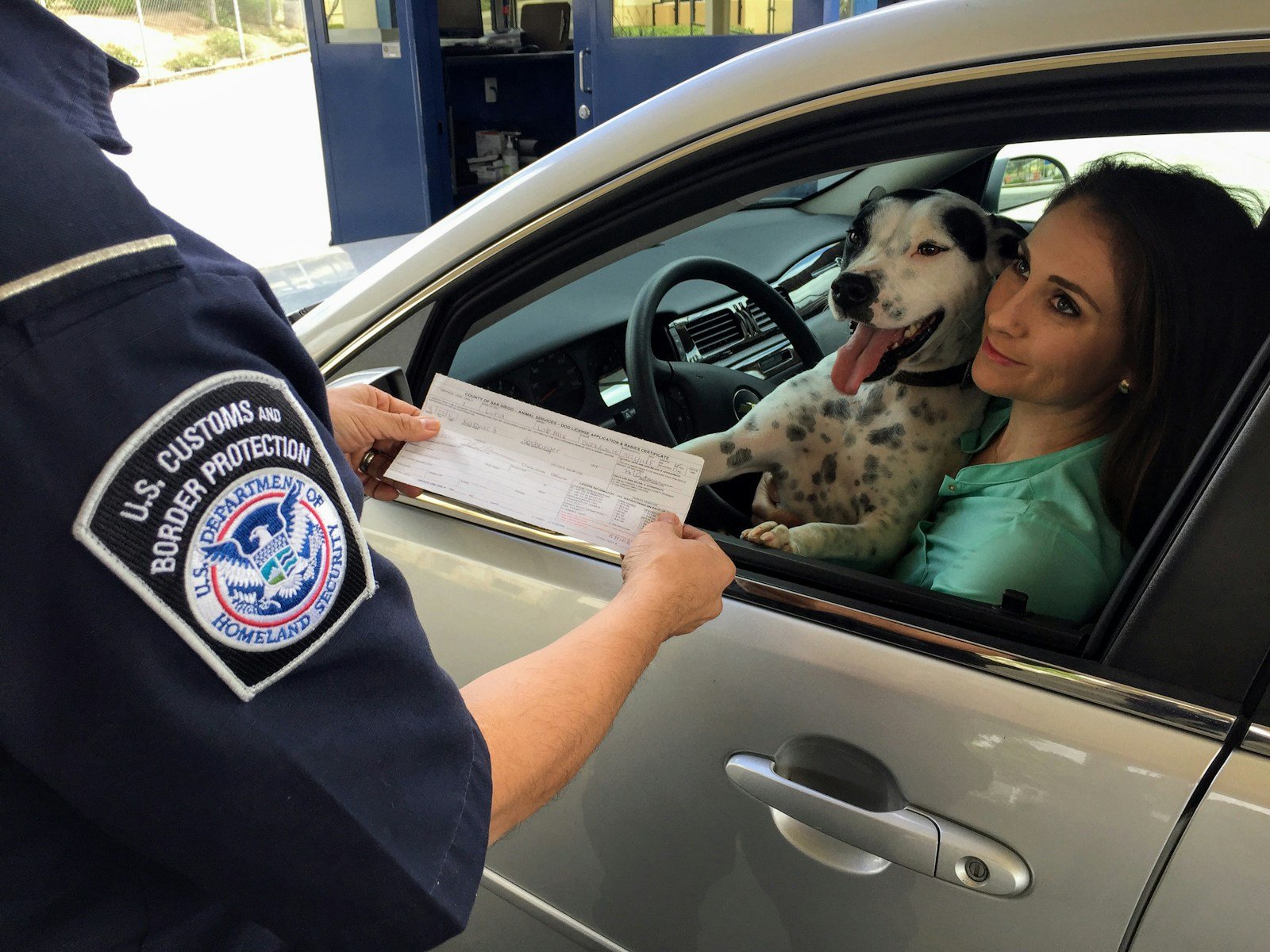Resources
Expired Driver’s License Renewal Requirements (U.S.)

If you’re facing an expired driver’s license, renewal requirements can vary by state—but understanding the general rules across the U.S. will help you prepare efficiently and avoid fines, re-testing, or delays. This comprehensive guide breaks down everything you need to know about renewing an expired license, including deadlines, required documents, grace periods, fees, and state-specific notes.
What Happens If Your Driver’s License Expires?
In the U.S., driving with an expired license is illegal and can result in citations, fines, and even having your vehicle impounded. The good news? Most states allow a grace period or offer a clear renewal path—if you act quickly.
Understanding Expired Driver’s License Renewal Requirements
The expired driver’s license renewal requirements differ based on the state, but there are core elements that most DMVs require:
- Proof of identity and residency
- Vision exam or certificate
- Completed application form
- Payment of renewal or late fees
- In some cases, retaking written or driving tests
Common Grace Periods by State
Some states allow drivers to renew their license after it expires without penalty, while others impose immediate consequences. Here are some examples:
| State | Grace Period |
|---|---|
| California | None – immediate late fees apply |
| Texas | 2 years (but after 2 years, you must retest) |
| Florida | Up to 12 months (late fee after expiration) |
| New York | Up to 2 years to renew, but cannot drive with expired license |
| Illinois | 1 year grace period, but must not drive with expired ID |
Note: Even during the grace period, driving with an expired license is often prohibited.
Required Documents for Renewal (All States)
Regardless of state, here are the commonly required documents when renewing an expired license:
- Current or expired driver’s license (if available)
- Proof of identity (passport, birth certificate)
- Social Security number or card
- Two proofs of state residency (utility bill, lease, bank statement)
- Completed renewal application (may be printed or filled out online)
- Vision test results (some states allow optometrist-signed forms)
Can You Renew an Expired License Online?
Some states allow online renewal, even for recently expired licenses. However, this typically applies only if:
- Your license is expired less than a year
- No major address/name changes have occurred
- Your vision is still valid in the system
- You haven’t already renewed online too many times
Examples:
- California: Offers online renewal if the license has been expired less than 12 months
- Florida: Allows online renewal up to 12 months after expiration
- Texas: Allows online renewal if expired under 2 years
In-Person Renewal: When Is It Required?
You must renew in person if:
- Your license expired more than 1–2 years ago (depending on state)
- You’ve changed your name or address
- You failed a vision screening
- You’ve previously renewed online or by mail and must now show up physically
Retesting Requirements for Expired Licenses
Some states require drivers to retake the written, vision, or even road test if too much time has passed after the license expiration.
- Texas: Retesting required if expired more than 2 years
- California: May require full testing if license expired over a certain threshold or driving record is poor
- Massachusetts: Road and written test required after 4+ years of expiration
Late Fees and Penalties
Expired license renewal often includes a late fee, which ranges from $5 to $50 depending on the state.
| State | Late Fee |
|---|---|
| Florida | $15 |
| New York | $10–$30 depending on time elapsed |
| Illinois | $5–$20 |
| Texas | $0 (but retesting after 2 years is required) |
Special Considerations: Military, Seniors, and Medical Conditions
Military Members
Most states offer license extensions for active-duty military personnel. For example:
- California: Up to 30 days after discharge
- Texas: Extended expiration up to 90 days after return
- Florida: May request a “Military Extension Card”
Seniors
Senior citizens often face more frequent vision checks and in-person renewals. States like California require seniors aged 70+ to renew in person.
Medical Conditions
If your license expired due to a medical hold, you must provide clearance from a physician or medical professional before renewal.
REAL ID and Expired Licenses
To board domestic flights or enter federal facilities, you need a REAL ID. If your driver’s license is expired and you’re applying for a REAL ID simultaneously:
- You must visit the DMV in person
- Additional identity documents are required
- States may not allow you to get a REAL ID online if your license is expired
How to Renew Your Expired Driver’s License (Step-by-Step)
Step 1: Check Your State’s DMV Website
Visit your local DMV’s site to confirm rules, grace periods, and document lists.
Step 2: Gather Required Documents
Include your Social Security card, proof of residency, and expired license.
Step 3: Decide Your Renewal Method
Determine whether you qualify for online or in-person renewal.
Step 4: Complete the Application
Most DMVs offer fillable online forms or printable PDFs.
Step 5: Take Vision Test or Submit Certificate
Some states let you submit results from your optometrist.
Step 6: Pay Renewal Fees
You can usually pay via credit/debit, check, or cash (in person).
Step 7: Retake Tests (if required)
Schedule time for a written or driving test if applicable.
Renewal After Long-Term Expiration (Over 5 Years)
In many cases, if your license has been expired for 5+ years:
- You will be treated like a new applicant
- You must pass the written, vision, and road tests
- You may have to take a driver’s education course again
- A temporary permit might be issued before a new license is approved
Can You Drive with an Expired License?
In short: No. Driving with an expired license is a traffic violation in every state. Consequences may include:
- Fines ($100–$500 depending on jurisdiction)
- Vehicle impoundment
- Points added to driving record
- Ineligibility for future online renewals
- Higher insurance rates
Tips to Avoid Future Expiration Issues
- Set a calendar reminder at least 90 days before expiration
- Enroll in DMV email or text alerts
- Renew early – most states allow early renewal 6–12 months in advance
- Keep your vision check updated annually
- Update your address promptly to ensure renewal notices are sent to the right location
State-by-State Expired Driver’s License Renewal Snapshot
| State | Online Renewal Allowed? | Grace Period | Retesting Threshold |
|---|---|---|---|
| California | Yes (under 12 months) | No grace period | May test if 1+ year |
| Texas | Yes (under 2 years) | 2 years | After 2 years |
| Florida | Yes (within 12 months) | 1 year | After 1 year |
| New York | Yes | 2 years | After 2 years |
| Illinois | No online after expiration | 1 year | After 1 year |
| Georgia | Yes | No grace | After 2 years |
| Ohio | Yes | 6 months | After 6 months |
Tip: Always check the official DMV website of your state for the most up-to-date information.
Conclusion
Renewing an expired driver’s license in the U.S. isn’t difficult—if you know the rules. By understanding your state’s grace period, required documents, and retesting policies, you can avoid fines and get back on the road legally. Remember, each state has its own expired driver’s license renewal requirements, so it’s crucial to check directly with your local DMV.
Being proactive, renewing early, and staying informed ensures you remain compliant—and safe.

-

 Resources4 years ago
Resources4 years agoWhy Companies Must Adopt Digital Documents
-

 Resources3 years ago
Resources3 years agoA Guide to Pickleball: The Latest, Greatest Sport You Might Not Know, But Should!
-

 Resources8 months ago
Resources8 months ago50 Best AI Free Tools in 2025 (Tried & Tested)
-

 Guides2 years ago
Guides2 years agoGuest Posts: Everything You Should Know About Publishing It

